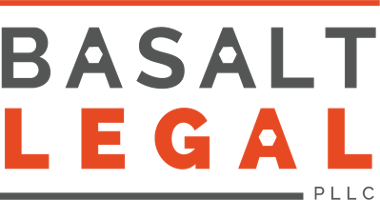Trusts
What can trusts do? The better question is, what can’t they do? Trusts are very flexible legal instruments with a wide variety of applications. Trusts are most commonly used to strategically change the entity who owns property, or to place restrictions on the way money can be spent and for what purpose.
Pros
- Trusts are an essential tool to minimize estate taxes.
- Trusts can be used to influence the behavior of beneficiaries.
- Trusts are one of the few ways to exercise control over your money even after you are dead.
Cons
- There is often extra expense and inconvenience having property titled in a trust.
- Power over the trust resides in a Trustee. Sometimes this is limiting; and sometimes the Trustee wrongfully appropriates trust assets or wastes them.
Types
There are many types of trusts and many different ways to utilize this powerful legal tool. Here is a sampling of the types of available trusts that Jeff and Andrea have experience using:
- Revocable, non-revocable
- QTIP (qualified terminable interest property)
- Credit Shelter
- Spendthrift
- Charitable remainder
- Conservation
- Life Insurance
Did you know?
- Trusts can be created during your lifetime (called “living trusts”) or can be created through a will (called “testamentary trusts”).
- A spendthrift trust for the benefit of your children can protect their inheritance from their creditors.
- A special needs trust can allow your disabled spouse or child to receive benefits without spending the estate down to poverty level.
